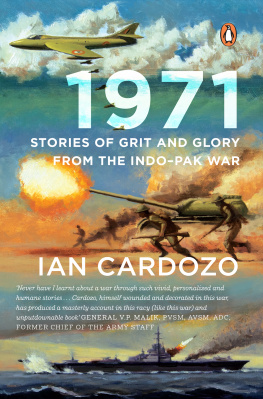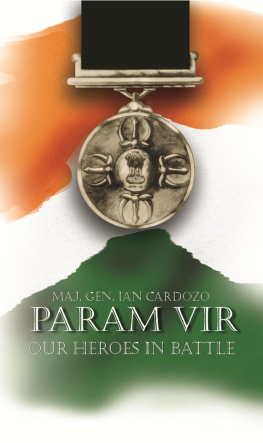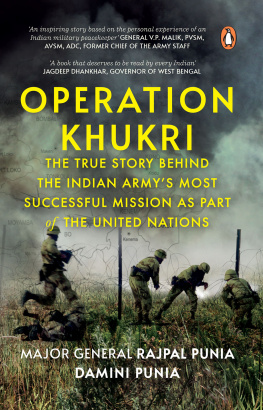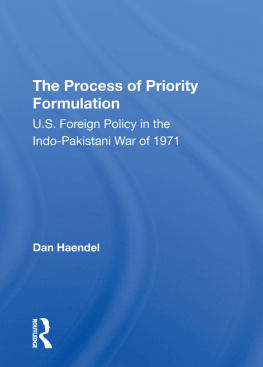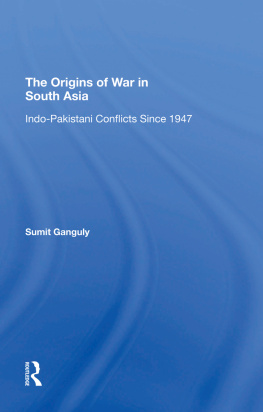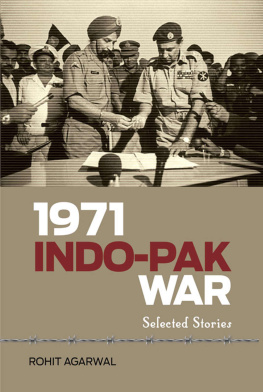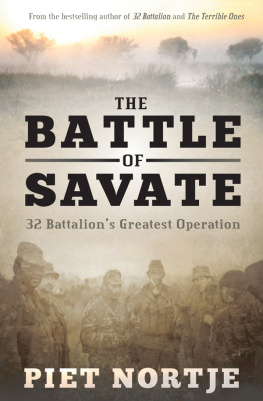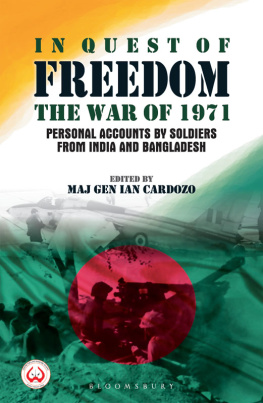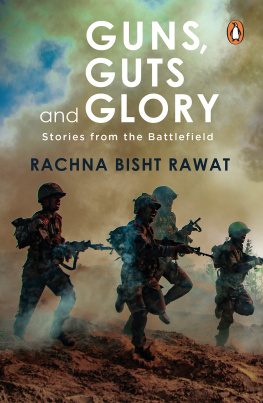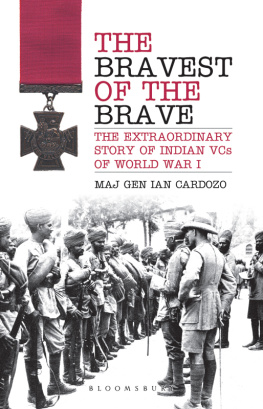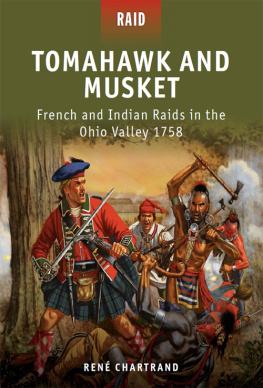Major General Ian Cardozo was commissioned at the Indian Military Academy into the 1st Battalion of the 5th Gorkha Rifles (Frontier Force), where he received his basic grounding as a young officer. Thereafter, he took part in the SinoIndian war of 1962, the IndoPak war of 1965 and the IndoPak war of 1971.
Wounded in the battle of Sylhet in Bangladesh, he overcame the disability of losing a leg and became the first disabled officer of the Indian Army to be approved for command of an infantry battalion and brigade. He retired from this appointment as Chief of Staff of a corps in the north-east. On retirement, he worked in the area of disability with an NGO and as vice president of the War Wounded Foundation, before being appointed by the Government of India as chairman of the Rehabilitation Council of India, where he worked for nine years.
Advance Praise for the Book
This is a unique compilation. Never have I learnt about a war through such vivid, personalized and humane stories. One comprehends not just the planning and execution of the war but most importantly the psyche and conduct of the soldiers in battlefields; their courage, dedication, honour and sacrifice. The story And Then There Was One left me with goosebumps. Ian Cardozo, himself wounded and decorated in this war, has produced a masterly account in this racy (like this war) and unputdownable bookGeneral V.P. Malik, PVSM, AVSM, ADC, former Chief of the Army Staff
A splendid anthology of wartime tales from the inspired pen of an iconic soldier and war hero who brings alive, in these pages, Indias finest hour, in all its fascinating dimensions and often through the enemys eyes. These compelling stories of sacrifice and valour of our soldiers, sailors and airmen are a must-read for every Indianespecially the Gen X and millennialsAdmiral Arun Prakash, PVSM, AVSM, VrC, VSM, former Chief of the Naval Staff
Ian Cardozos collection of short stories on the 1971 war are crucial for understanding why the two-nation theory behind the partition of British India in 1947 was decisively rejected after the independence of Bangladesh. Written with humanism and pride in the professionalism of Indias armed forces, this book highlights the importance of treasuring our soldiers acts of valour and sacrifice, which have for more than a century provided the foundation for Indias proactive role in international relationsAsoke Mukerji, former Ambassador of India to the United Nations
This book is a delightful bouquet of short stories with the backdrop of the 1971 IndoPak war, encompassing all three defence services and both the theatres. Each story is gripping and holds ones attention from start to finish. Reading through these stories, one gets a flavour of how operations are conducted in combat and the human elements involved in them. Written in an easy style, the book is a must-read and leaves you yearning for moreMajor General A.J.S. Sandhu, VSM (retd), author and military historian
The author, an iconic soldier, has skilfully put together the personal experiences of soldiers, sailors and airmen in a book that tells the stories of what really happens in war. His own first-hand experience of the wars of 1962, 1965 and 1971 makes each story come alive with the drama of life and death. The stories include views of the other side of the hill and bring out rare insights into the human side of the protagonists. The book is a complete package of true, gripping and inspiring sagas; a must-read for all well-wishers of IndiaMajor General Gopal Gurung, AVSM, SM (retd), second-generation soldier of the 5th Gorkha Rifles (FF)
Reading General Ian Cardozos 1971 is like going on a historical walk with a guide who knows every nook and corner of the warzone, and is willing to show it all to you. He holds your hand and takes you through tales of incredible bravery, but also pain and loss, bringing you so close to his characters that you almost feel their breath upon your face. Seeped in history, peppered with fascinating anecdotes, these stories are told with great flair, sometimes making you laugh, sometimes bringing a tear to the eye. And to his credit, despite having been in the war himself, he shows you both sides of the conflict, often taking you inside the borders of Pakistan and into the minds of the decision-makers on the enemy side as well, paying odes to the courage of both armies. There would be very few people now living who know more about the 1971 war than General Cardozo; after all, he fought it himself. But for me, the most endearing quality of the book was that he wears that distinction so lightly, narrating his own stories with delightful wit and self-effacing charm. He features in a few of the narratives but walks in and out of these with such reticence that you recognize him only if you look closely enough. Often, he does not even mention himself by name. General Ian Cardozos 1971 is a book that I shall keep at my bedside for a long time. No one else could have written itRachna Bisht Rawat, author
The Indian armed forces have served the nation with honour and fidelity in numerous conflicts since Independence and before it. Their tales of valour and devotion to duty are legends. Yet these have been largely confined to the domain of the officers mess or the unit langar or narrated around campfires in remote border outposts. These true storieswoven together by a master storyteller and one of Indias most distinguished soldiersbring to life intrepid deeds of our nations soldiers, sailors and airmen during Indias finest hourthe 1971 IndoPak conflictSquadron Leader Rana T.S. Chhina, MBE (retd), Secretary, USI Centre for Military History and Conflict Studies
1971authored by the Hero of Heroes, General Ian Cardozois a first-hand account of a war hero for whom it was always do or die in the line of duty for his country. Many men can make history, but only great men can write it. General Cardozo is one of those who can do both. His book is about the Liberation War of Bangladesh of 1971, the sacrifices and birth of a nation through a tidal wave of blood. This war was fought for the cause of humanity, which makes it a just war. His book reflects the tremendous cooperation between the Indian forces, Mukti Bahini and the common people of Bangladesh. It reflects the brotherhood of men at arms who chose to fight on their feet rather than die on their knees. Let history say that they together brought to Bangladesh the winds of freedom and justice. I had the honour to see this brave commander being almost blown apart in the battlefield of Mirapara near Sylhet, and I dare say that despite the severe pain he had to endure, he refused to receive transfusion of blood of Pakistani soldiers. To me, this book revives my memory of that day when he bled almost to death under the shadow of the sword. These stories appear to me more of a ballad of blood and sacrifice than a record of history. His blood has mingled with the muddy soil of Bangladesh, and victory was achieved by sacrifices such as his. The author has told us tales few can tell. As such, his indomitable spirit is reflected in his writings in this bookLt Col (retd) Quazi Sajjad Ali Zahir, Bir Protik, Swadhinata Padak, Padma Shri

